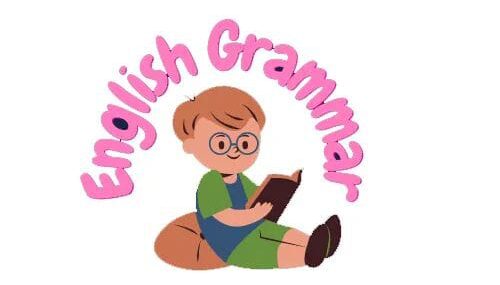Present Indefinite Tense Rule – (I do)
Present Indefinite Tense Rule
Rule I: Simple Present Tense is used to express habitual, regular or repeated action. For Examples:
- Robin Singh Rajput gets up at 8 a.m. every morning.
- He always goes to his village on Sunday.
- He reads a newspaper.
- He prefers milk to tea.
- He lives at New Ashok Nagar.
- He sometimes goes to the gym. He loves to take healthy food.
- I get up late in the morning and start the day with two glasses of water which is kept in a copper utensil.
Rule II: Some ‘time expressing adverbs’ are used in the Present Indefinite Tense :
Always, often, sometimes, habitually, frequently, generally, usually, normally, never, seldom, hardly, scarcely, barely, rarely are used before actions in the sentences.
See the following examples:
- He seldom goes for a morning walk.
- She sometimes cooks dinner.
- They generally play football most evenings.
- Dimple always tells a lie.
- Preeti always motivates me regarding my education.
- I often drink on weekends.
- She dances very often at parties.
But some adverbs are used at the end of the sentences(Present Indefinite Tense Rule):
Every + (time), once a + time, twice a + time, thrice a + time
Every day, once a day, twice a day, thrice a day
Every week once a week twice a week thrice a week
Every month once a month twice a month thrice a month
Every year once a year twice a year thrice a year
Every morning
Every evening
Every night, daily. Examples :
- She wakes up early every morning.
- He takes food at Jain Dharamshala every evening.
- He studies in the wee hours every day.
- She never comes late at night.
Rule III: Present Indefinite tense rule is used to denote universal truth, general truth (principle) and permanent activity. Examples:
- The earth revolves the Sun.
- The earth rotates on its axis.
- The sun rises in the east. Universal truth
- Water boils at 100 degree Celcius.
- Two and two multiply four. (General truth)
- He lives in Mumbai. (Permanent activity)
Rule IV(Present Indefinite Tense Rule):
Conditional sentences generally start with two clauses. One of them is a principal clause, and another one is a subordinate clause.
Sub-ordinate clause: if, when, before, after, till, until, unless, as soon as, as long as and in the case are the conjunctions used with Present Indefinite Tense.
- If you come here, I will lend you money.
Sub-ordinate clause principal clause
Simple present tense simple future tense
Sub + M.V1/M.V5+ Obj sub + shall/will + M.V.1 + obj
If any sentence starts with a conditional word that denotes future; it will be made in Present Indefinite Tense .
- When he goes for a long ride, I will play a video game.
- Unless she runs fast, she will not win the race.
- I shall teach her English if she comes here.
Sub-ordinate clause principal clause
Simple present tense simple future tense
Rule V(Present Indefinite Tense Rule):
This tense is used to express mental activity, emotions and feelings. Here are some examples are given below:
- I believe in God.
- I think you should leave now.
- I know that you cannot help me at all.
- She feels bad.
- I consider him, he is an intelligent boy.
- He understands my situation.
- I hope you will get success.
- She likes to go abroad.
Note: Appear, Agree, believe, consider, desire, feel, forget, recognize, refuse, prefer, think, imagine, mean, mind, know, love, hate, hope, suppose, understand, trust, remember, seem, want, wish, notice, recognize, see, hear, smell, look etc are used in simple present. These verbs are specially used in Present Indefinite Tense . If these verbs are used with present continuous tense have different meaning and purpose is also mentioned.
Exercise of Present Indefinite Tense Rule
- …….. Hindus ………… Diwali in amavasaya of kartik month. (Does, celebrates b. do, celebrate c. do celebrates)
- …….. your friend ……… for a picnic? (Does, go b. does, goes c. do, go d. do, goes)
- The Earth …….. the sun. (Rotates b. revolves c. rotate d. revolve
- Two and two ……. Four. (Make b. made c. makes d. making)
- The earth …….. on its axis. (Revolve b. rotates c. revolves c. rotate)
- Water ……. at zero degree Celsius. (Freeze b. freezes c. freezing )
- If I …… to Mumbai. I ……definitely meet you. (Will go, will gone b. go, will c. goes, will be going d. going, will)
- When he ……. in a government job, he will be able to help his family. ( Will get selected b. get selected c. gets selected d. will gets selected)
- Unless he …….. fast. He won’t be selected in a government job. (Doesn’t run b. don’t run c. run d. runs)
- I ……. that you will be fine soon. (Hope b. hoping c. hopes)
